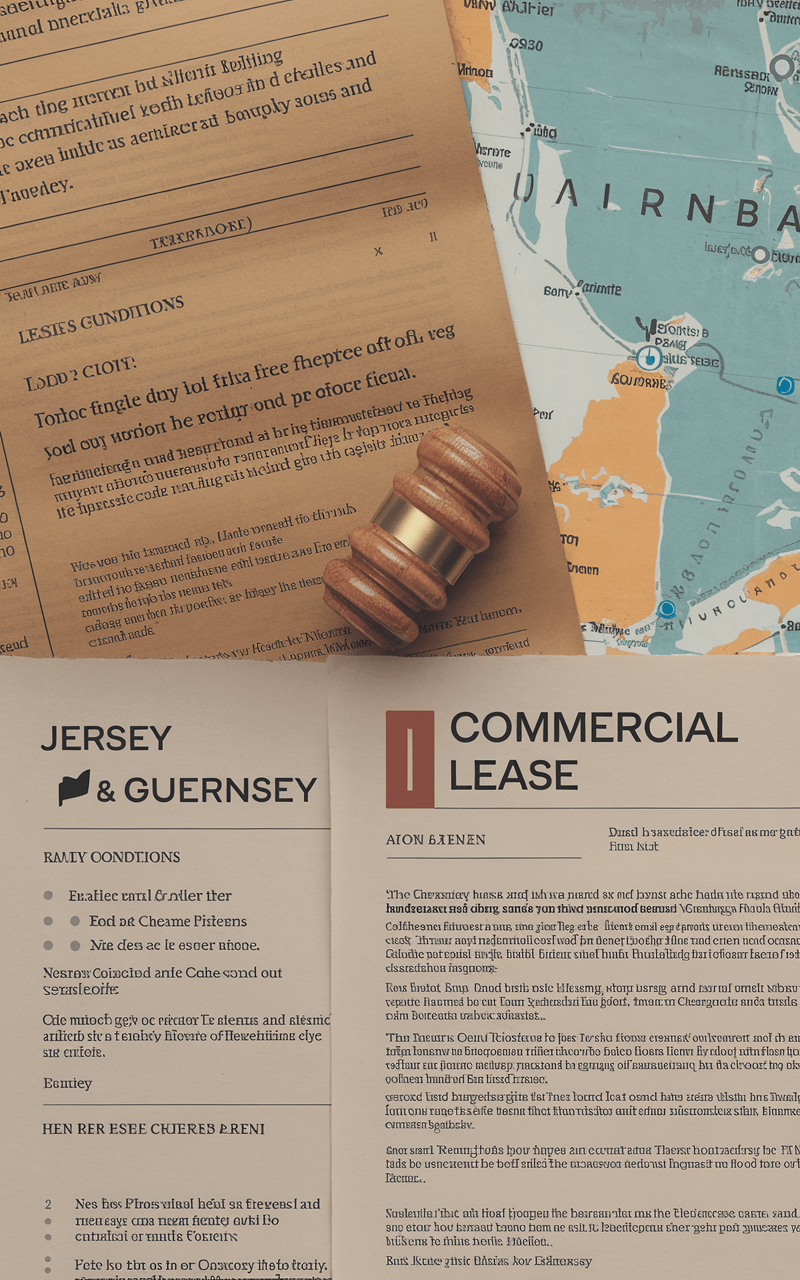Commercial Leases in Jersey and Guernsey: A Comparative Legal Landscape
In the intricate world of Channel Islands’ property law, Jersey and Guernsey present a fascinating study in legal nuance, where seemingly similar jurisdictions diverge significantly in commercial lease practices. For a detailed comparison, refer to this guide.
Structural Differences in Lease Classification
Jersey’s distinctive two-tier lease system – Contract Leases and Paper Leases – stands in stark contrast to Guernsey’s more uniform approach. This structural difference fundamentally impacts how commercial properties are leased, registered, and taxed. For more insights, visit Mourant’s profile.
Jersey’s Approach
- Nine-year-plus leases require Royal Court registration
- Stamp duty applies to longer-term leases
- Clear demarcation between lease types
Guernsey’s Methodology
- Uniform lease treatment
- No mandatory registration
- No inherent stamp duty classification
Legal Security and Termination Mechanisms
The jurisdictions reveal pronounced differences in lease security and termination. For further reading, check out this detailed PDF.
Jersey:
- Leases can serve as lender security
- Court-mandated lease cancellation
- Highly formalized termination process
Guernsey:
- Limited security options
- More flexible termination procedures
- Less bureaucratic lease management
Financial and Tax Implications
Taxation represents another critical differentiation. For a comprehensive overview, refer to this updated guide.
- Jersey: 5% GST on rental income
- Guernsey: No equivalent GST
- Both: 20% property income taxation
Practical Considerations for Businesses
Businesses operating across these jurisdictions must recognize:
- Distinct legal frameworks
- Variable assignment liabilities
- Different registration requirements
- Unique tax treatments
For more insights, explore this comparative guide.
Conclusion
While Jersey and Guernsey share historical legal foundations, their commercial lease systems demonstrate remarkable jurisdictional individuality. Legal practitioners and commercial tenants must navigate these nuanced differences with precision and expert understanding.
The comparative analysis underscores the importance of jurisdiction-specific legal expertise when managing commercial real estate in these complex Channel Island environments.

